The Best Alternatives to Dairy Milk for Baking
Updated Feb. 2 2021, 12:31 p.m. ET

It used to be that if you were vegan or lactose intolerant, you had very few options in the way of non-dairy milk. You usually had to settle for soy milk or nothing at all. The past few decades have seen many innovations in the area of non-dairy milk, with endless plant-based milks hitting the market. But which best milk alternatives for baking?
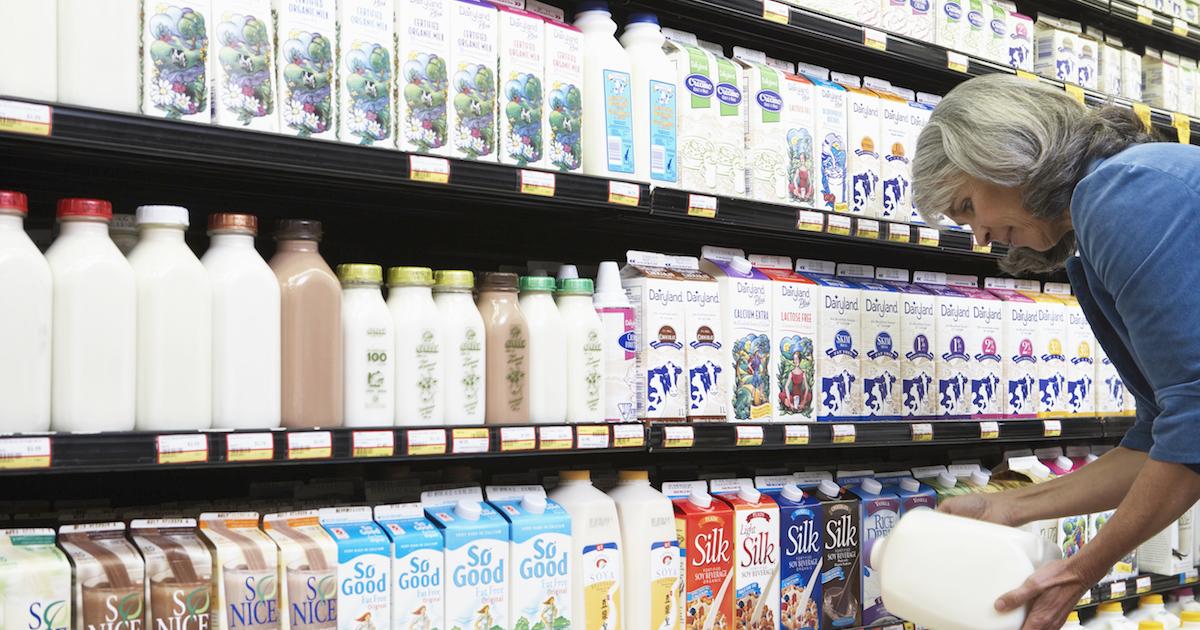
What are the best alternatives to dairy milk for baking?
There are many different dairy milk alternatives available today, though not all of them are suitable for baking. We will discuss a couple in the section below, but we'll skim over rice milk quickly first. According to Imperial Sugar, rice milk’s low protein content thinner consistency necessitates a thickening agent, which would only serve to complicate a baked dish, rather than enhance it.
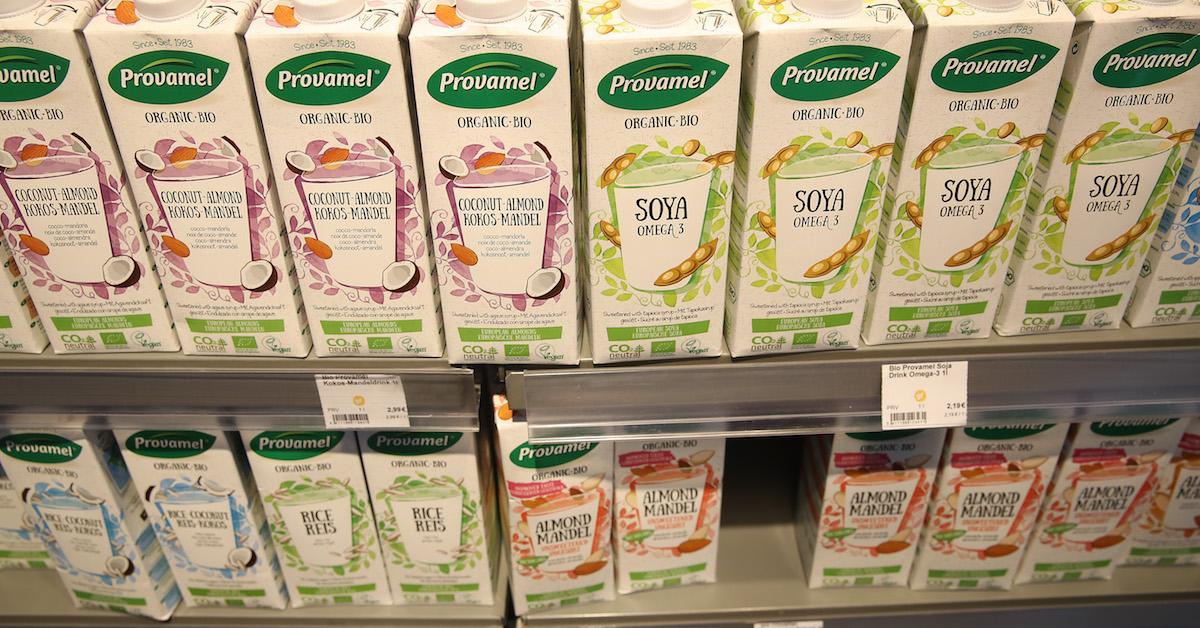
Soy milk
According to Time Magazine, soy milk has the most protein compared to cow’s milk. With about 7 to 12 grams per each 8-ounce serving, one cup of soy milk is a perfect 1:1 replacement for dairy milk in many baking recipes. Soy milk’s high protein content actually makes it very good for baked goods that require structure like bread, muffins, or carved cakes. This added protein helps baked goods to brown nicely as well.
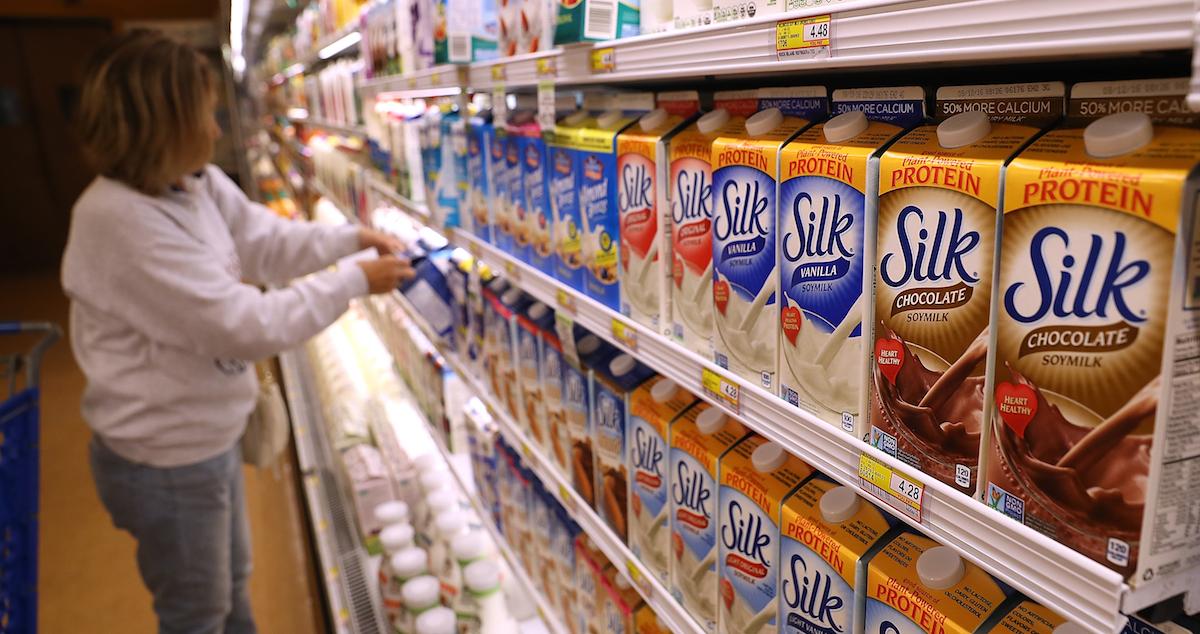
Almond milk
Almond milk might be the most popular non-dairy milk. It can also be used in a 1:1 ratio for dairy milk when it comes to baking and is nearly as high in vitamins and nutrients as the aforementioned soy milk, though it does not contain as much protein. It does, however, contain more water, which can evaporate quickly during baking, allowing baked goods to rise and set more quickly.
Note that unsweetened almond milk has zero sugars, so if you want something to mimic the slightly sweet taste of dairy milk, look for “low sugar” or “lightly sweetened” varieties in the grocery store.
Cashew milk
Cashew milk is almost exactly like almond milk in terms of protein, though it is a bit creamier thanks to the added fat and naturally occurring sugars. According to Dixie Crystals, this added fat will result in darker, drier baked goods if you’re not careful.
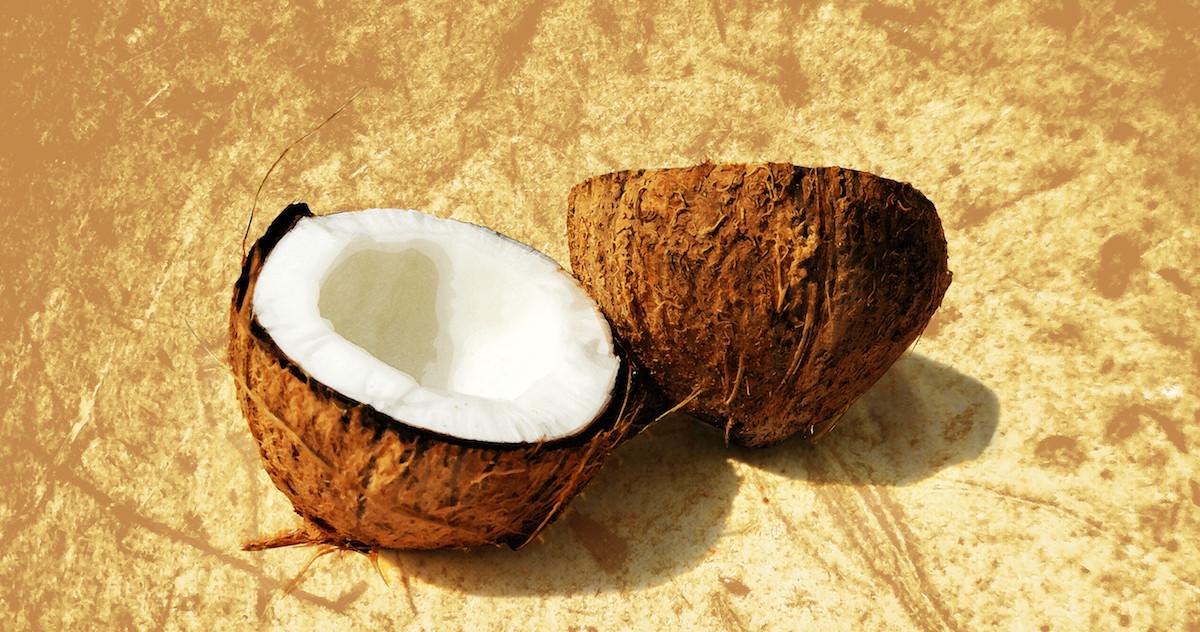
Coconut milk
This one is a personal favorite of mine. If you share my love for the taste of coconut, then coconut milk is the dairy-free replacement you’ve been searching for. Canned coconut milk is available at most grocery stores and contains enough fat, protein, sugar, and flavor to amp up any vegan dessert. It’s also a fine replacement for heavy cream in many baked goods and can even be whipped into good ol’ fashioned whipped coconut cream.
Oat milk
Oat milk is a popular new dairy milk alternative that has made some headlines in the past few years, and there are many reasons why. It’s delicious, creamy, nutritious, and more sustainable than almond milk, according to Allrecipes. Oat milk can be used as part of a 1:1 ratio in place of cow’s milk but might result in a gummy texture and slightly grainy flavor when added to baked goods. This effect can be countered by using “full fat” oat milk instead.
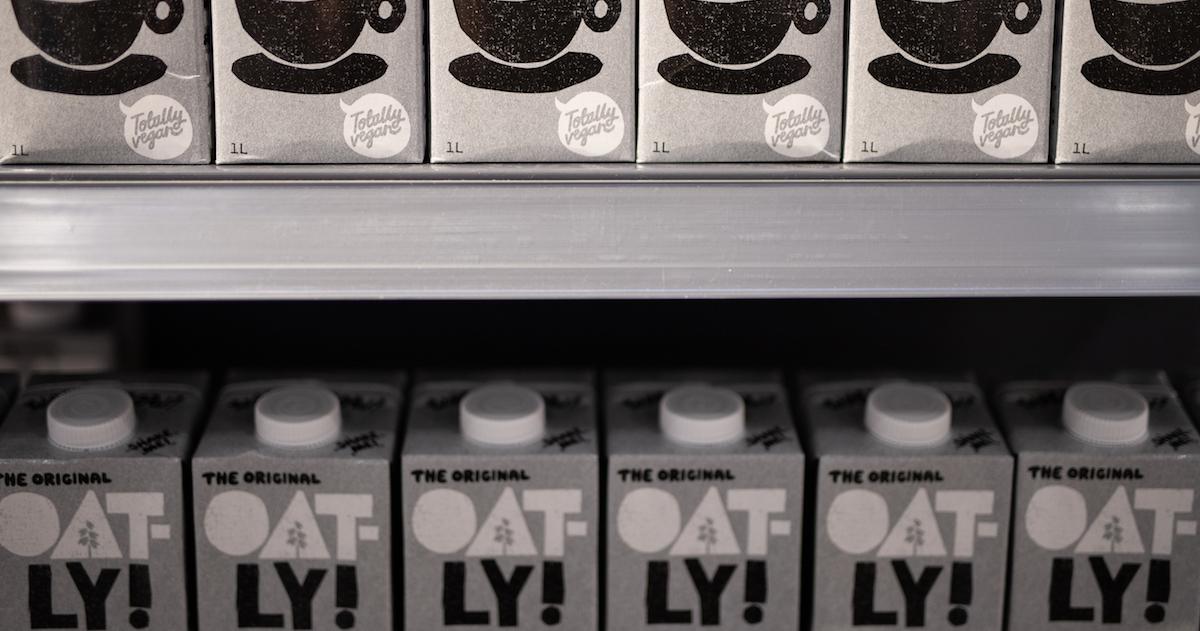
Hemp milk
Hemp milk is an unusual one. Many readers might not even be familiar with it, in fact. Hemp milk is thick and creamy like dairy milk, but it has a fairly strong flavor, which makes it more suited for savory dishes rather than sweet. Still, its protein content is second only to soy milk, so enriched doughs will be happy with the structure and browning hemp milk lends to the baking process.
Non-dairy milk alternatives are a great way to add a vegan-friendly flair to any dessert. The best part is since most of them work on a 1:1 ratio to cow’s milk, you can get away with using whichever non-dairy milk you prefer. Tastes and names may vary, but your dessert will be just as sweet in the end.